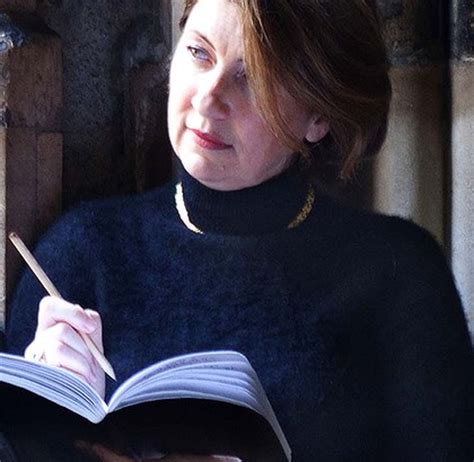A Quote by M. L. Stedman
History is that which is agreed upon by mutual consent.
Related Quotes
In all proper relationships there is no sacrifice of anyone to anyone. An architect needs clients, but he does not subordinate his work to their wishes. They need him, but they do not order a house just to give him commission. Men exchange their work by free, mutual consent to mutual advantage when their personal interests agree and they both desire the exchange.
We all agreed on the framework: Pass DACA protections and additional border security measures excluding the wall. We agreed that the president Donald Trump would support enshrining the DACA protections into law. What remains to be negotiated are the details of border security with a mutual goal of finalizing all the details as soon as possible. While both sides agreed that the wall would not be any part of this agreement, the president made clear he intends to pursue it at a later time, and we made clear that we would continue to oppose it.
We have to create a process which has legitimacy for the people of Syria. And we have to have a process where the Russians and the Iranians and the neighbors - all of them, Saudis, Turks, Qataris, a very complicated brew - that you have to bring them together and they can find agreement. That's the fundamental premise of the Geneva Communique that you will have, by mutual consent, a process of transition.
Those who keep the masses of men in subjection by exercising force and cruelty deprive them at once of two vital foods, liberty and obedience; for it is no longer within the power of such masses to accord their inner consent to the authority to which they are subjected. Those who encourage a state of things in which the hope of gain is the principle motive take away from men their obedience, for consent which is its essence is not something which can be sold.
Man is appealed to be guided in his acts, not merely by love, which is always personal, or at best tribal, but by his perception of his oneness with each human being. In the practice of mutual aid, which we can re-trace to the earliest beginnings of evolution, we thus find the positive and undoubted origin of our ethical conceptions; and we can affirm that in the ethical progress of man, mutual support- not mutual struggle- has had the leading part.
What is a great man who has made his mark upon history? Every time, if we think far enough, he is a man who has looked through the confusion of the moment and has seen the moral issue involved; he is a man who has refused to have his sense of justice distorted; he has listened to his conscience until conscience becomes a trumpet call to like-minded men, so that they gather about him, and together, with mutual purpose and mutual aid, they make a new period in history.


































